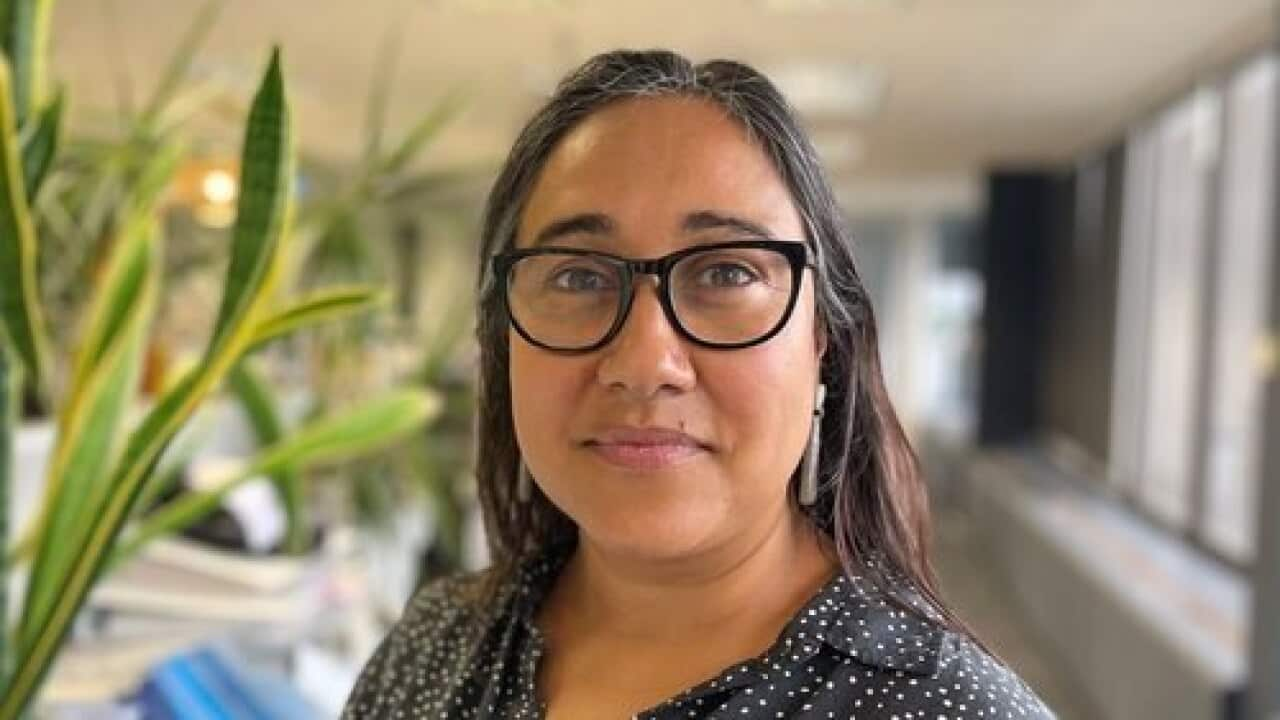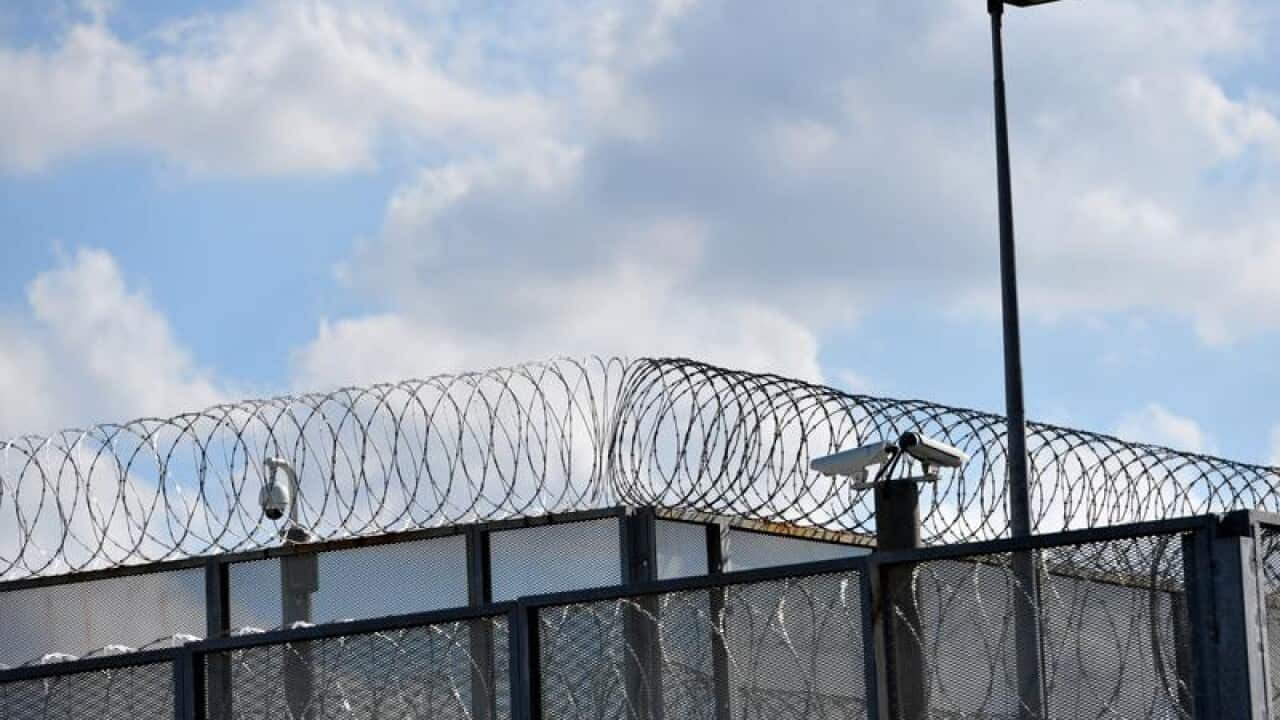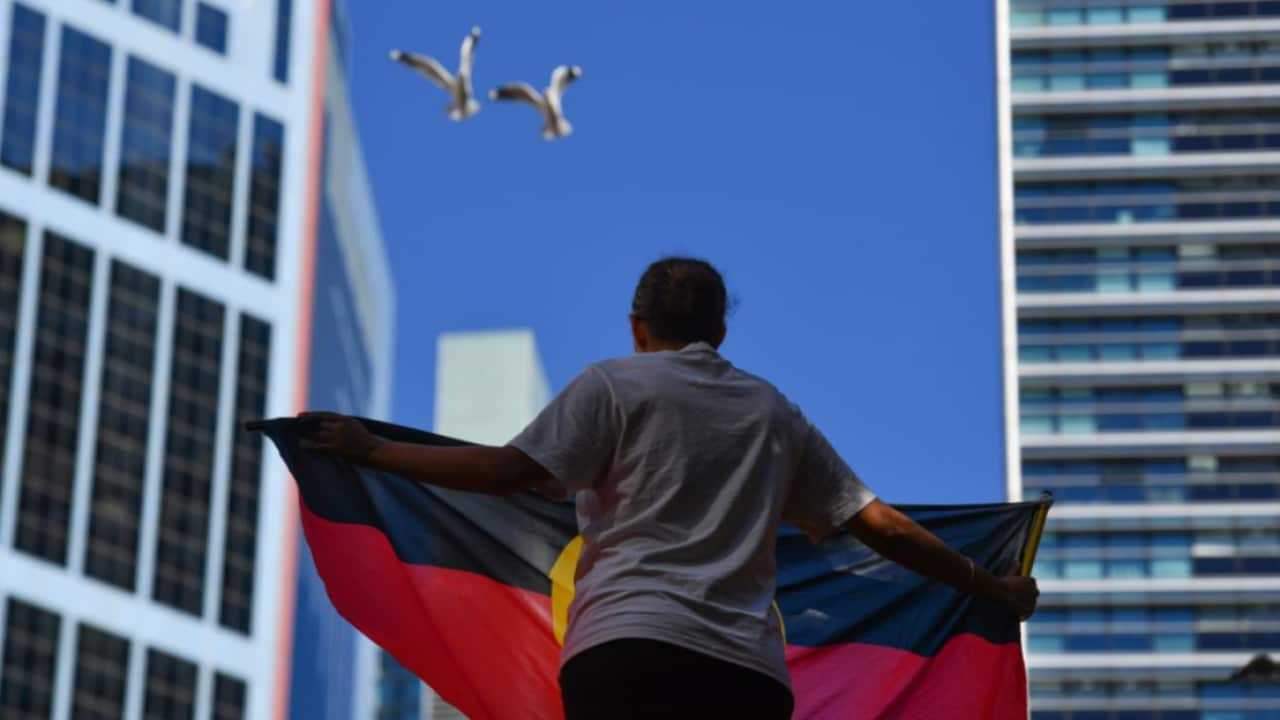On 26 July last year, state and territory attorneys-general deferred a long-awaited decision on raising the age of criminal responsibility to 14, citing the need for more time to explore alternatives to incarceration.
One year on, there is still no national consensus or change.
It’s prompted renewed calls to make the move and a coalition of legal, medical and human rights groups to write to federal Attorney-General Michaelia Cash.
The group of 47 organisations from the Raise the Age coalition - including the Human Rights Law Centre, Murdoch Children's Research Institute, Royal Australian College of General Practitioners and multiple Indigenous legal centres - have written to Senator Cash seeking an update on progress.
The coalition said in the past 12 months, there had been "no public update on the progress of this work".
Australian children can be incarcerated from the age of 10, three years before they’re allowed to create accounts on Facebook.
“We're talking about children who could be in grade four, who are still losing their baby teeth, kids who haven't developed mentally the ability to think fully about the consequences of their actions,” Meena Singh, legal director at the Human Rights Law Centre, told SBS News.
There were almost 800 children aged 10 to 17 in detention across Australia in the June 2020 quarter, according to data from the Australian Institute of Health and Welfare.
Forty-eight per cent were Aboriginal or Torres Strait Islander children, despite Indigenous Australians making up only six per cent of the population in this age bracket.
Ms Singh, a Yorta Yorta and Indian woman, said many Indigenous children are removed from their families because they’re vulnerable to neglect or violence.
"I've seen and heard about kids who've been charged with theft because they were looking for food in a residential unit,” she said.
“These are kids who are experiencing trauma, and we need to understand the responses for adults who do the wrong thing aren't the same responses that should be for children."
‘A real missed opportunity’
In the past year, the Australian Captial Territory has been the only state or territory to commit to raising the age.
“It was a real missed opportunity for the attorneys-general not to move forward on this reform as it would have been far better if this was done nationally and consistently across jurisdictions," ACT Attorney-General Shane Rattenbury said.
The ACT will be drafting new legislation once a discussion paper seeking community feedback closes on 5 August.
NSW Attorney-General Mark Speakman said reforms were still being mulled over and any "would need to be in the best interests of the community" and consider community safety.
“This includes the need for adequate processes and services for children who exhibit offending behaviour,” he said.
Ms Singh said she thinks the lack of urgency on behalf of governments might be because “the sorts of upbringing that many politicians might have is probably very removed from the upbringing that sees children end up in prison”.
“We don't have many Aboriginal and Torres Strait Islander representatives in our government, or enough people from diverse backgrounds to fully understand what these other experiences are," she said.
‘Systems are failing our people’
Ms Singh said the alternatives of youth incarceration starts with prevention.
“We know that the younger children are exposed to the criminal legal system, the more likely they are to return to those systems later in life."
It’s a sentiment echoed by Mr Rattenbury, who questions the amount of money invested in detention centres.
"Raising the age of criminal responsibility sits clearly in that agenda where we should be investing our money in diversion, therapeutic support services and the like, rather than spending money on sending kids to custody," he said.
Reflecting on the 30 years since the Royal Commission into Aboriginal Deaths in Custody, Change the Record co-chair Cheryl Axleby said many recommendations have been outlined in reports to governments about what they should be doing and exploring.
“Maybe it's time for them to actually unpack their own systems and look at why the systems are failing our people," Ms Axleby said.
Ms Singh said it’s time Australian governments ask themselves one simple question: “do we want to be jailing a child who's stealing a chocolate bar?"
With AAP.











